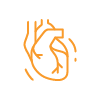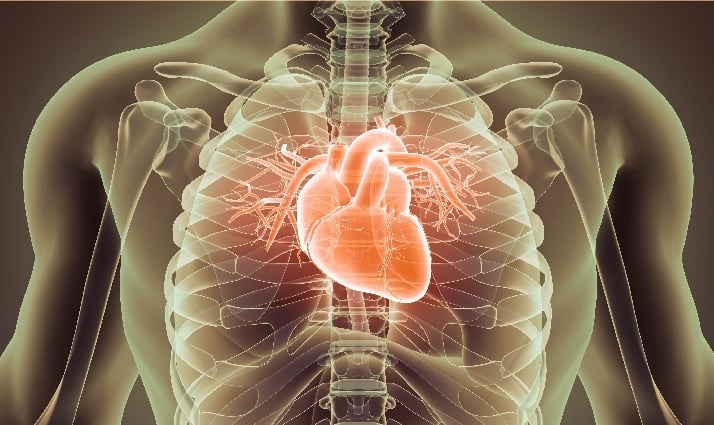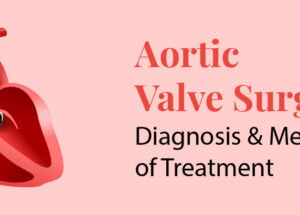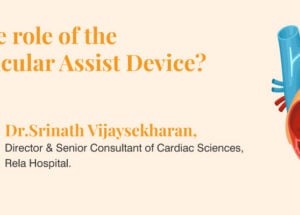What is a Heart Transplant?
April 12, 2021

A heart transplant is an operation in which a diseased heart is replaced with a healthier heart. It is a necessity in people whose hearts are not capable of functioning properly due to a chronic cardiovascular. It is conducted in those whose hearts have not responded to medications or other treatments leading to heart failure.
Why would you need a heart transplant?
There are various reasons for a heart failure which will lead to a heart transplant. In adults, they are:
- Cardiomyopathy
- Coronary artery disease
- Heart valve disease
- Congenital heart defect
- Ventricular arrhythmias
- Failed heart transplant
A child heart transplant is recommended in cases of congenital heart defect or cardiomyopathy.
Doctors will usually evaluate the patient and conduct various tests to determine the patient’s medical condition:
- Blood tests
- Cardiac Catheterization
- X-Ray
- Ultrasound
- ECHO
- EKG/ECG
- Stress test
- Urinalysis
Can you get a heart transplant?
There are a few conditions to be a candidate for heart transplant:
- Advanced age interfering with the ability to recover
- Medical conditions
- Active infection
- Recent personal history with cancer
- Lifestyle factors
- Heart transplant history
After the evaluation, if the patient confirms to be a transplant candidate. Doctors and the transplant nurse coordinator will help prepare the patient for candidacy. The patient has to be placed on the list to search for donor hearts.
Heart Transplant Procedure
Heart transplant usually takes about 4 to 6 hours. The heart transplant time increases with preparation for the transplant and recovery. Heart transplant surgery recovery time can usually take upto 2 weeks.
How is a heart transplant done:
- Prior to starting the procedure, the doctor will administer the patient with a local anesthetic.
- After the patient has been sedated, the doctor will insert a breathing tube through the throat and into the lungs. It will be connected to a ventilator.
- The doctor will then administer the patient with general anesthesia
- The heart transplant procedure begins when the doctor cuts through the sternum (breast bone) in half. The doctor will spread both the halves to gain visualisation of the heart in an open heart transplant.
- For this type of a surgery, the heart must be still ie, it must not be pumping blood.
- Prior to making the heart still for the time being, the doctor will place tubes into the heart. So that the blood can be pumped through the body by the use of a heart – lung machine. This machine will take over the heart by replacing the heart’s pumping action and the lungs by supplementing oxygen into the bloodstream.
- Once the blood has been diverted into the bypass machine, the doctor will stop the heart by injecting a cold solution into it.
- When the heart has been stopped, the doctor will remove the diseased heart. They will replace it with the donor’s heart.
- Once a new heart is in place, the doctor will connect the blood vessels carefully ensuring that there are no leaks.
- Once checked, the doctor will divert the blood circulating through the bypass machine back into the heart.
- After the heart transplant procedure, if the new heart is not restarting, a mild electric shock may be used to restart the heart.
- The doctor may also place temporary wires in the heart to help it pace. If needed, these wires can be attached to the pacemaker during the initial recovery period.
- Once the heart transplant procedure is complete, the machine will be turned off.
- The tubes will be removed and the sternum will be sewn together by sutures or surgical staples.
Rela Hospital has an effective transplant programme that is managed by a multidisciplinary team. We provide patients with the required medical expertise by specialists. From initial evaluation through post-transplant checkups, our skilled and compassionate heart transplant team in Chennai is always by your side. Contact us for more information 044 6677 8888.









